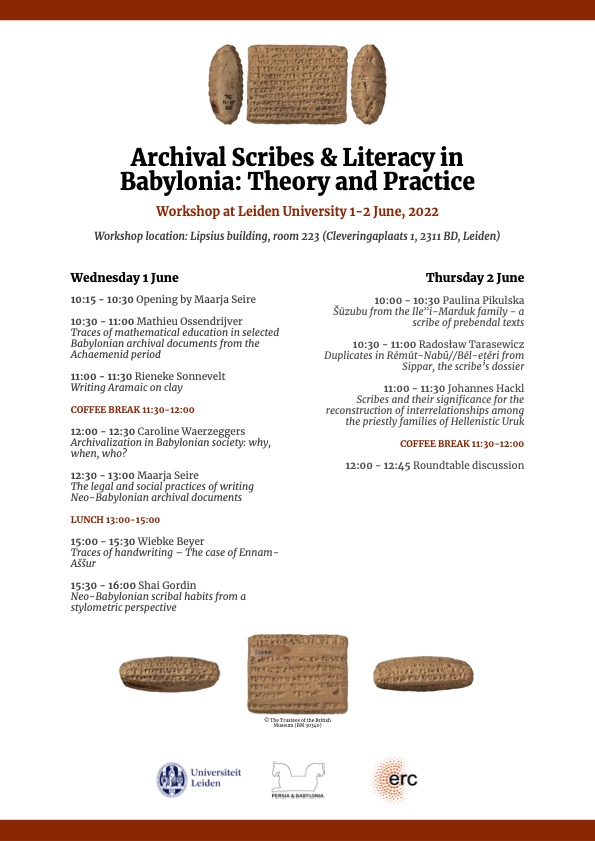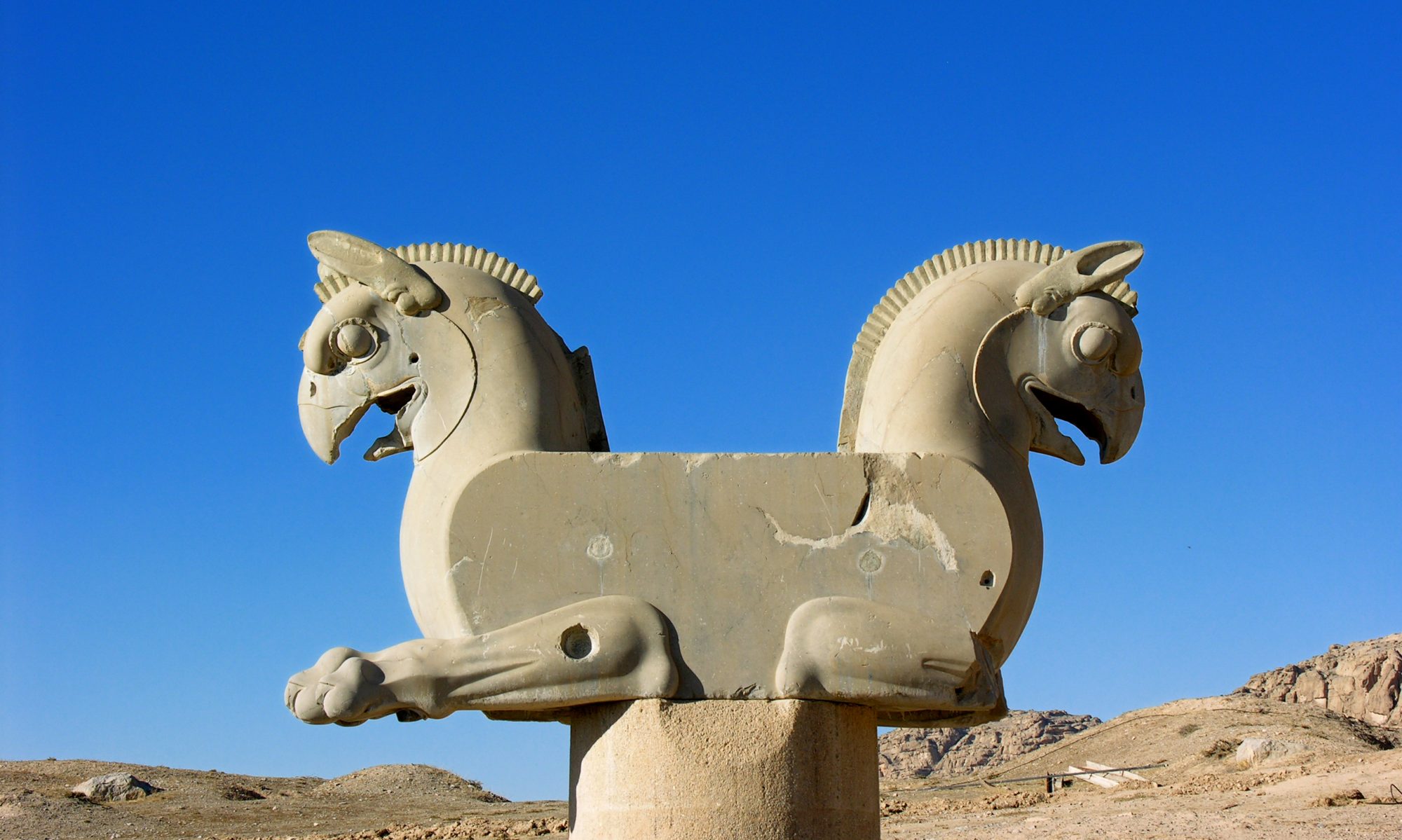by Melanie Groß
This online seminar deals with the history of the royal court in the Ancient Near East. The royal court pertains, on the one hand, to the royal residence, and, on the other, to the extended household of the king, in the sense of the German word “Hofstaat”. The royal court was directly tied to the persona of the king and his manifold functions. As the seat of the sovereign, it was the administrative and political centre of the state. The royal palace was the physical manifestation of the court and of the king’s supremacy and prestige.
On the basis of primary sources (in translation) and secondary literature as well as “Meet the master” sessions of invited experts, we will look into palace architecture and the different functional units of palaces. We will discuss the composition of the court, starting with its top—the king and his family, court officials, and courtiers—down to the common household personnel and servants. We will study court protocol, palace administration, and state economy. This will also lead us to the question of how the “private” sphere of the king and his family related to his role as “public” or “imperial” head of state.
This course adopts a diachronic perspective to the Ancient Near Eastern royal court. Our case-studies are drawn from Old-Babylonian Mari and the Assyrian, Babylonian, Persian, and Seleucid Empires. In addition, we will look into theoretical studies about courts.
Schedule of “Meet the master” sessions
15.09.2020: Jeroen Duindam: “Courts and dynasties: comparative perspectives”
29.09.2020: Nele Ziegler: “The population of the palace of Mari”
13.10.2020: David Kertai: “Assyrian palace architecture”
03.11.2020: Michael Jursa: “Court officials in Babylonia”
17.11.2020: Lloyd Llewellyn-Jones: “The Achaemenid harem”
24.11.2020: Catherine Draycott: “The Persian court in Asia Minor”
01.12.2020: Rolf Strootman: “The Seleucid court”
If you are interested in following the one or other session, please feel free to get in touch via m.m.gross@hum.leidenuniv.nl.


